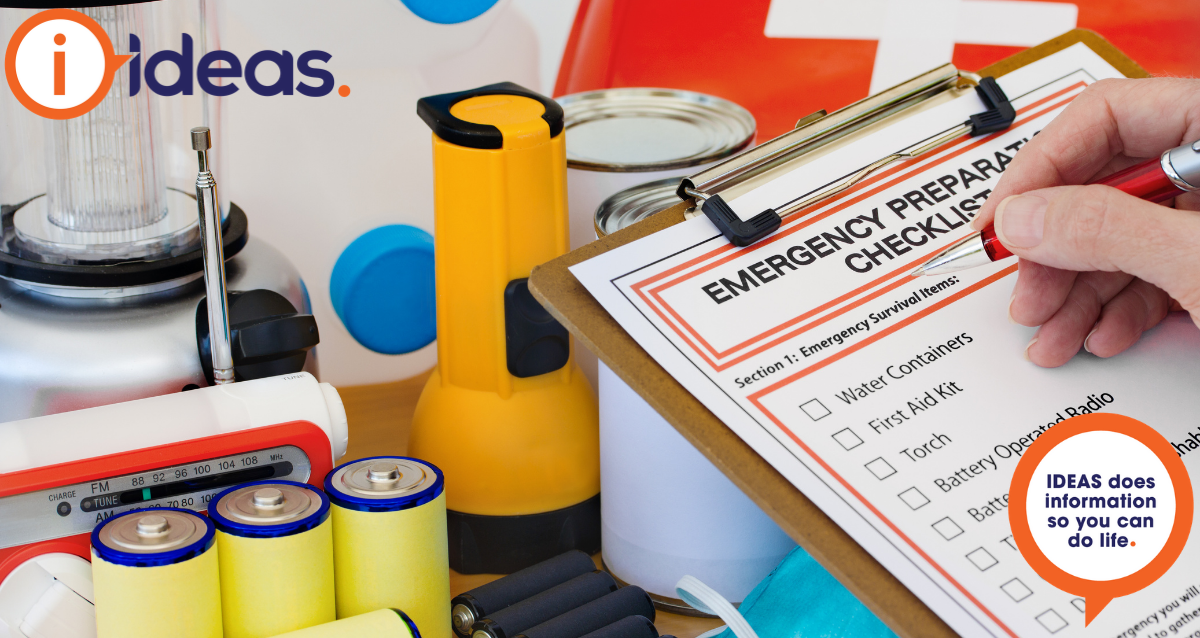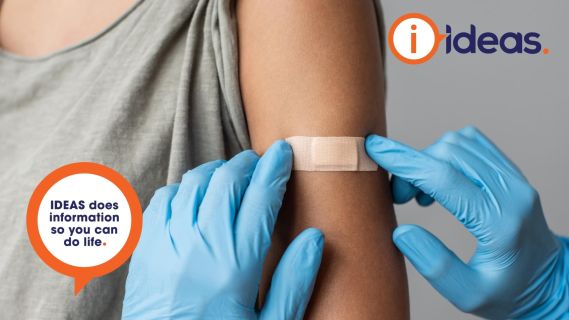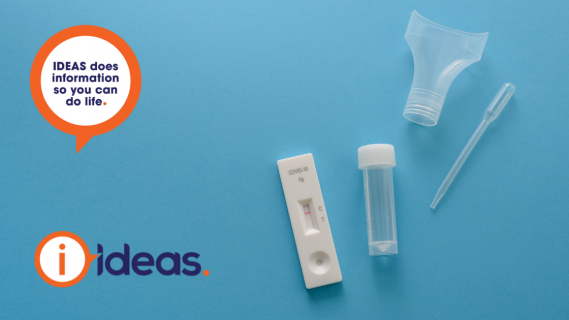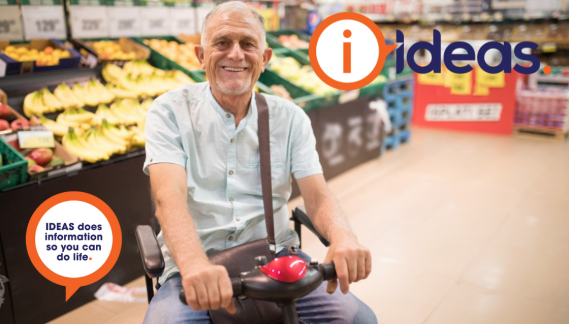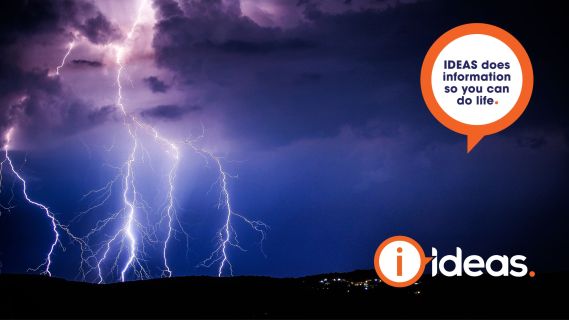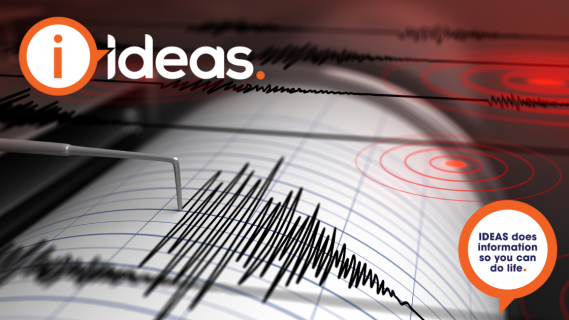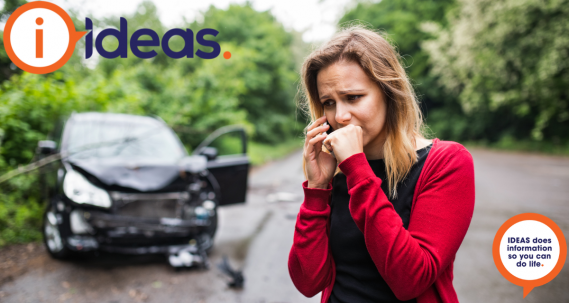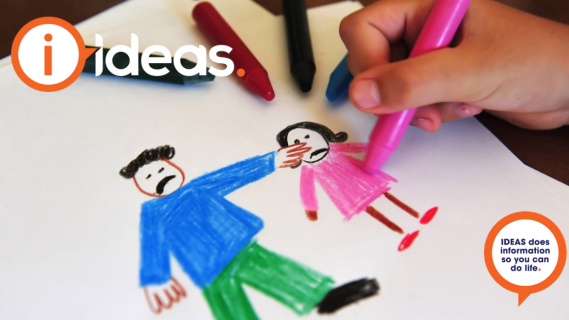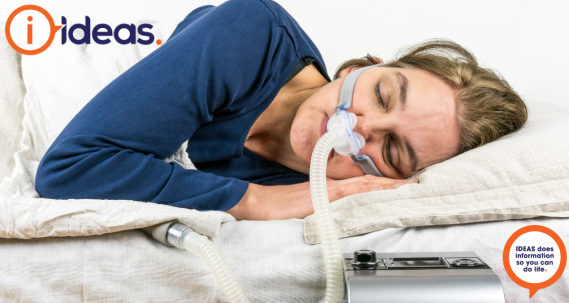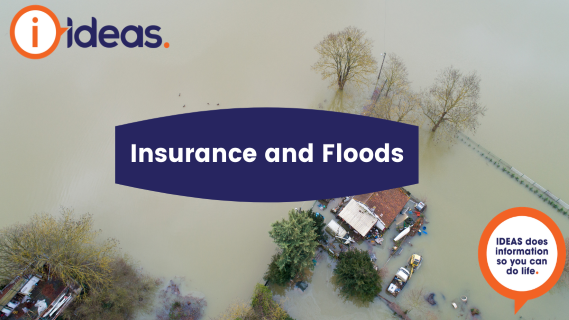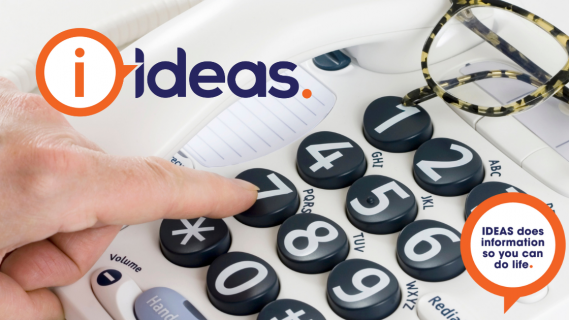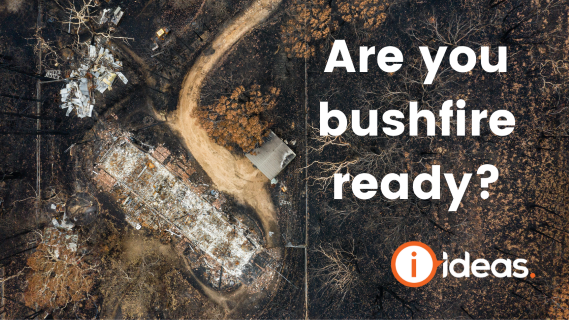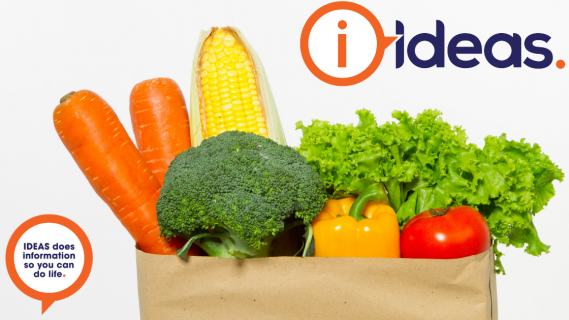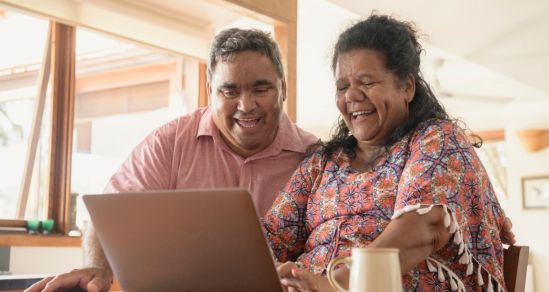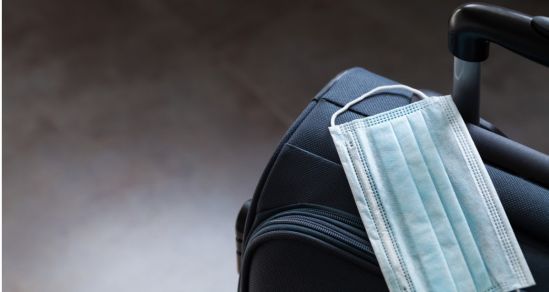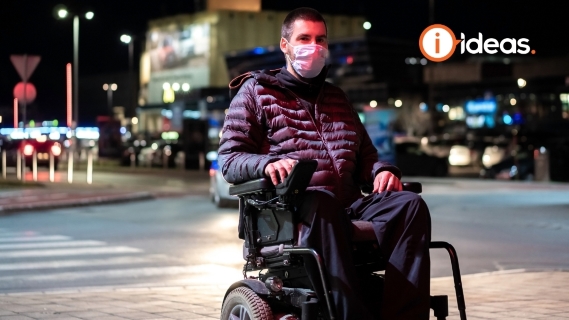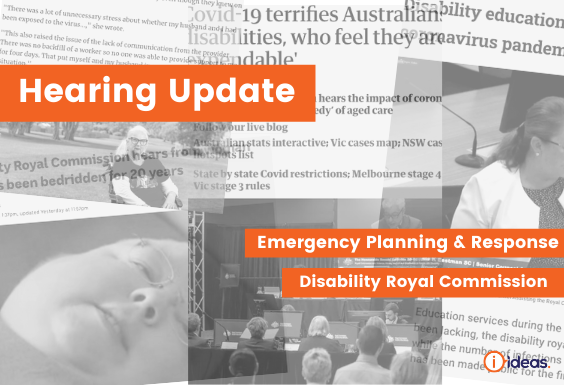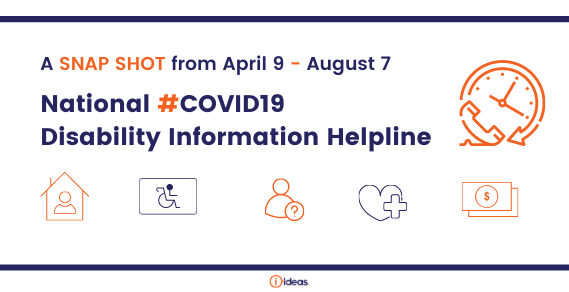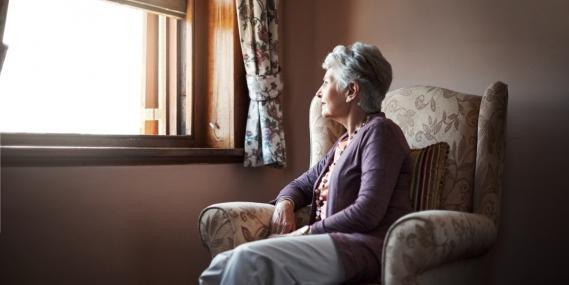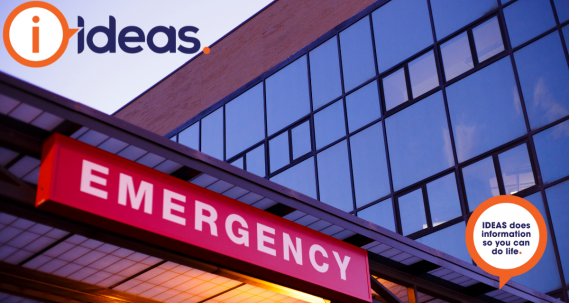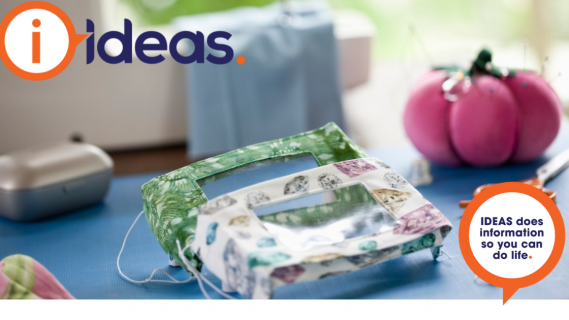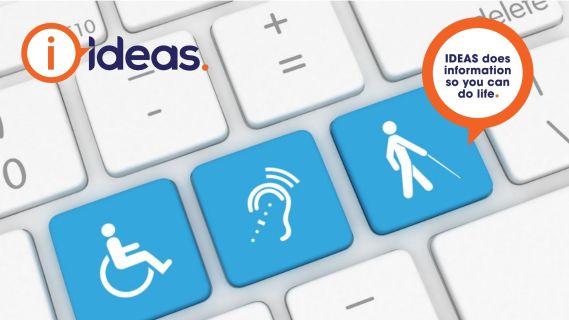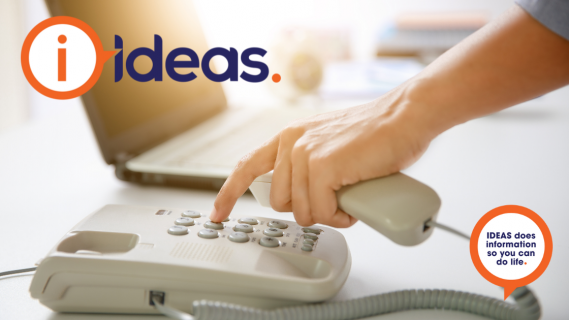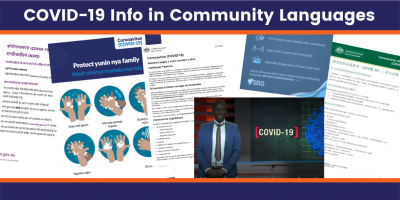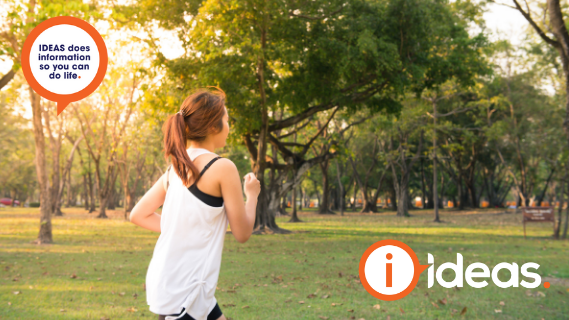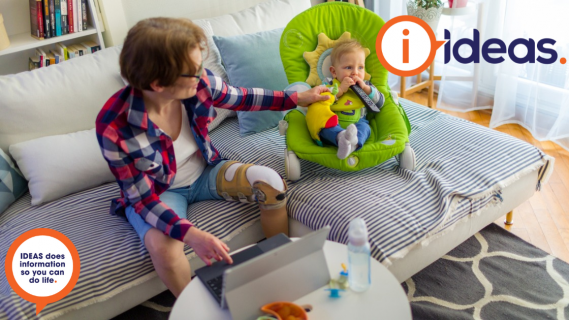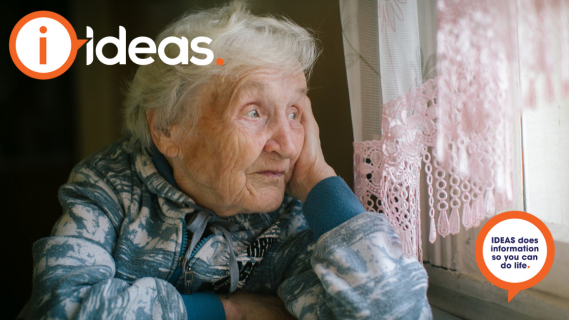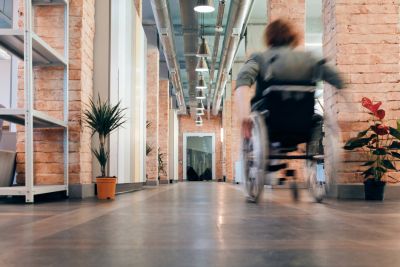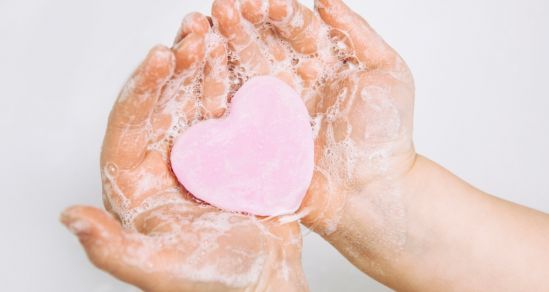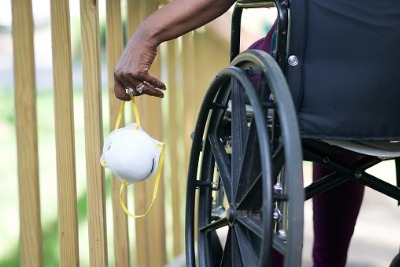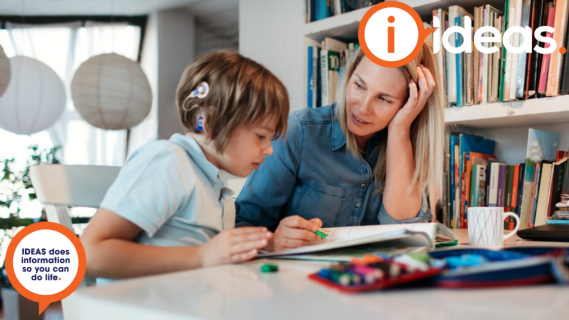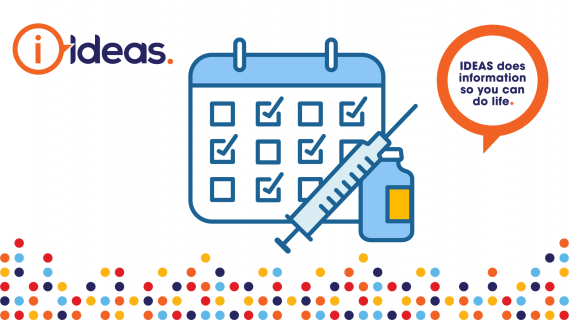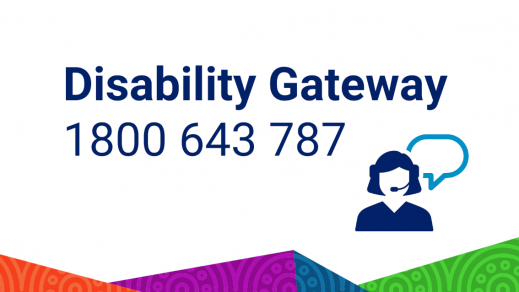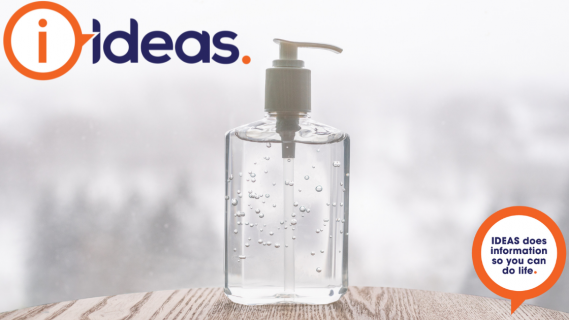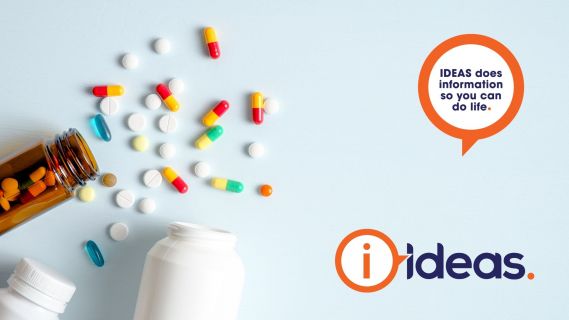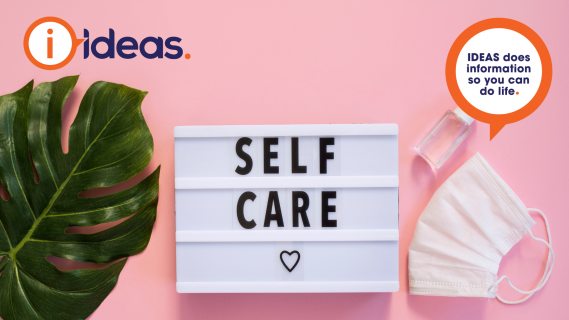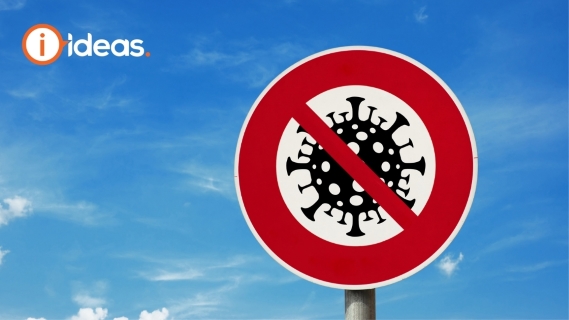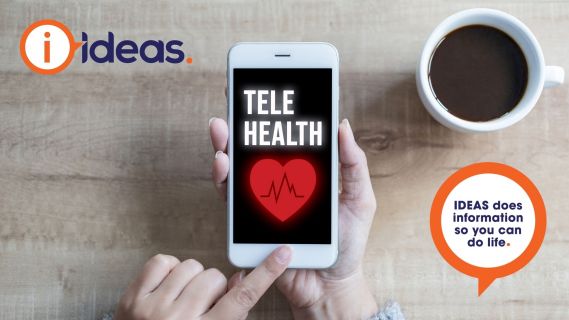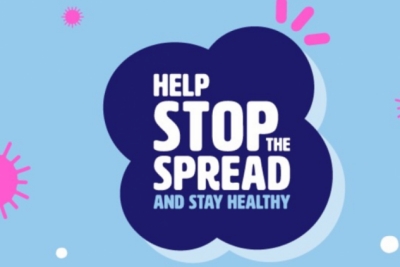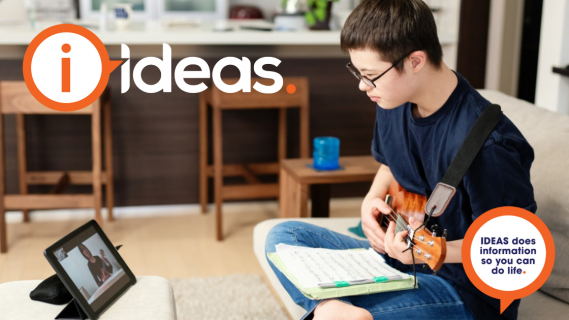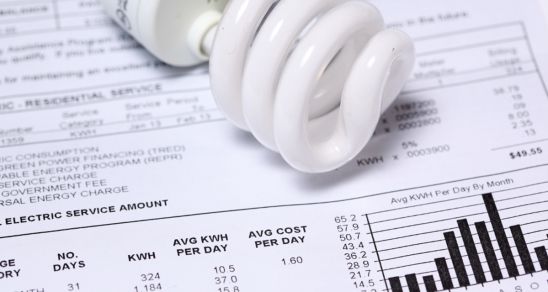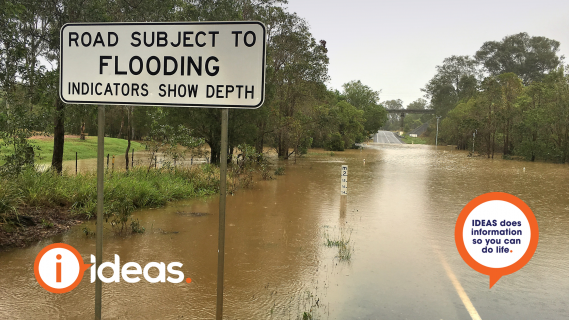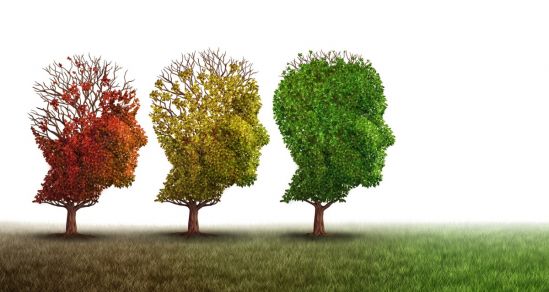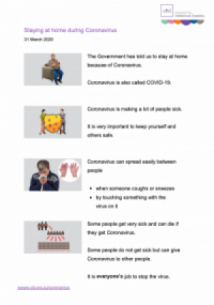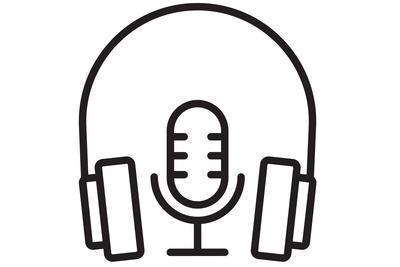With the recent emergencies we have faced, the need to be prepared is again highlighted. Bushfires, Floods and a Pandemic. If you need to evacuate in a hurry, or you may be without power and clean drinking water, a little planning now will spare you precious time.
Where do you begin to prepare for an emergency?
For starters, having at least 3 days of supplies at the ready is good.
A “go bag” is an emergency bag you pack in advance but hope you never need. Ready packed, you can “go go go”. Find a bag that is sturdy enough to carry essentials with a little spare room. A plastic storage tub can also readily store some of the supplies listed below. Some may already be in your camping equipment. Place reflective tape on watertight containers or bags to easily find them in the dark.
Consider that electricity and drinking water may not be available.
The Car
Keep your car fueled and topped up so you can leave without delays at petrol stations.
Having a first aid kit in the car and sun protection and insect protection is a great idea. Water and snacks in case you are stopped on-route. A Hi-Visibility vest is also a useful item to have on hand. In your first aid kit, ensure you have facemasks, zip lock bags for soiled masks, steriliser and disinfectant. (Be careful about how you store the steriliser and disinfectant, particularly in hot weather.) Consider a small bag you keep with your keys or the toiletry pack, which is packed and ready to go but stored at your home and kept out of the heat).
Also include a waterproof, floatable torch, an emergency blanket (these are small foil blankets, and an emergency hammer in the glovebox (for breaking windows).
Essential items to pack
- Radio - battery or wind-up powered. Mark the positions of local radio frequencies with a permanent marker.
- Pure wool blankets - you can wet these and cover yourself for last-resort fire protection.
- Device chargers.
Water
- 2 L per person per day for drinking
- Extra for handwashing
- Water purification tablets
Food/ Cooking
- Three days of non-perishable food, e.g. tinned foods, dehydrated or dried foods, muesli bars, dry biscuits
- Can opener (not electric)
- Cutlery and crockery (picnic or camping set) or disposable items
- Bedding – sleeping bags, wool blankets, sleeping mat
- Cash, including small change
- Chargers for phones – solar ones are available
- Duct tape
- Extra batteries
- List of emergency contact numbers
- Matches - pay attention to fire bans
- Pen and paper
- Plastic bucket and a tight-fitting lid
- Portable gas cooker – be aware of fire bans for sterilising, etc
- Printed photos or USBs with family member's photos – can be used in case of missing persons
- Radio and battery
- Saucepan or billy
- Tent
- Torch and batteries
- Utility knife
- Whistle
First Aid Kit
- Adhesive dressings
- Antiseptic cream, spray or powder
- Anti-diarrhea medication
- Bandages, triangular and crepe
- Disposable gloves
- Dressings
- Dressing tape
- Gauze pads
- Safety pins
- Tweezers
- Thermometer
- Sterile Saline
- Spares of Medications – check they are within expiry dates
- Scissors
- Vomit bags
- P2 Face masks - For smoke from fires if the emergency is fire-related
- Face masks suitable for COVID-19 safe practices
- Separate ziplock bags for clean and used masks. Label clearly to avoid confusion
- Sanitiser and disinfectant (or include in your toiletry pack)
- Gumboots or waterproof footwear for flood-related emergencies.
Basic toiletries
- Insect repellant
- Sanitary products
- Shampoo and conditioner
- Soap
- Sunscreen
- Toilet paper
- Toothbrushes
- Toothpaste
- Sanitiser
- Disinfectant
Clothing
- Hat with excellent sun coverage
- Sturdy shoes/ boots - waterproof if the emergency stems from flood or inundation warnings
- Safety glasses
- Safety gloves
- Try clothing with natural fibres
- Three days of changes, including underwear
Fire-proof and waterproof envelope/ sleeve with copies of important documents like
- Bank details
- Child immunisation books
- House titles or mortgage documents
- Insurance details
- Marriage and birth certificates
- Passports or other identifications
- Prescriptions
- Microchip numbers for pets
- Vaccination records for pets
Items for the elderly or persons with disability
- Assistive devices
- Adaptive equipment
- Cooler and ice bricks to keep medications cool
- Feeding products
- Incontinence products
- Heavy-duty gloves (for manual wheelchair users, in case you need to push through debris)
- Hearing devices and batteries
- Mobility items
- Spare glasses
- Special prescription items
- Writing devices
- Wheelchair battery information and spare battery, if possible
- Wheelchair repair kit
 Life Support Action Checklist from the Energy and Water Ombudsman NSW.
Life Support Action Checklist from the Energy and Water Ombudsman NSW.
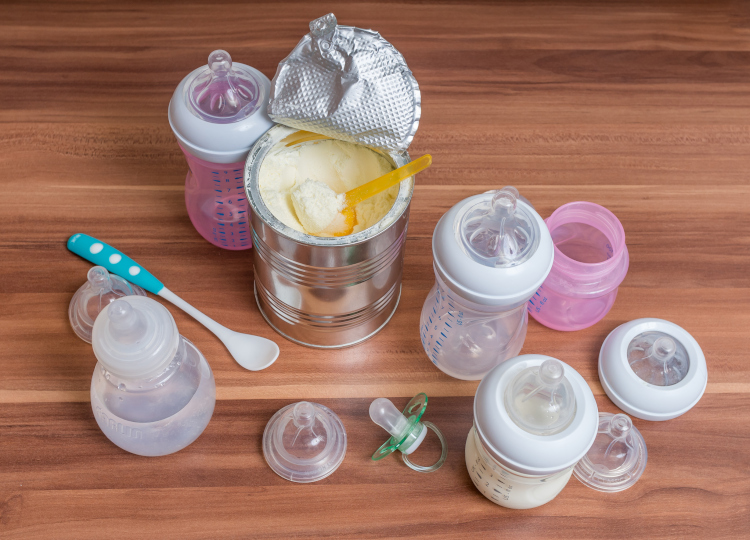
For babies
- Minimum of 3 days worth of nappies (if you use bamboo or cloth, be aware that washing water may not be available in an emergency. You may wish to purchase disposable nappies for the emergency kit)
- Bulk pack of nappy wipes.
- Changing mat
- Favourite blanket or toy
- If your baby is express-fed, be prepared to hand express in the event pumps cannot be sterilised.
For formula-fed babies
- Unopened Formula
- Bottles and teats - all pre-sterilised - enough to 1 each feed for three days
- Small bottles of drinking water to use to make up baby formula
Older babies
- Tinned foods, food pouches
- Sturdy disposable spoons (in case washing water is not available)
For children
- Something to keep them entertained
- Colouring in
- Balls to kick or throw
- Board or card games (not too large)
- A "comfort" toy
For pets or service animals
- Food
- Water
- Leash or lead
- Collar
- Identification Tag
- Travelling crate if necessary
Get Prepared App
The Red Cross has an app to assist you in connecting with your key support people, accomplish simple tasks to make you and your loved ones safer, and protect the things that matter most to you. Get Prepared is available for iOS and Android. It includes simple checklists of important actions. You can share your plan with people you are connected to.
Red Cross also has a Get packing checklist, that is printable of essential items to pack in an emergency.
You may also be interested to learn about What to do in a flood and some tips for planning and guides to finding information. Another useful resource is COVID-Safe travel tips.
NSW Health has a booklet that provides important information about health and hot weather. It is for anyone who cares for, supports or assists people at risk of serious health effects from hot weather. It includes tips and ideas on how to keep someone healthy during hot weather. Click on the following link to access this booklet.
Beat the Heat: Health tips for a safe season
The Red Cross and The ABC have partnered to bring this guide Stay Connected to help you get ready for emergencies.
Useful Links
NSW SES Evacuation OrdersSES Evacuation CentresQLD SESBureau of Meteorology National Weather WarningsBureau of Meteorology Weather Warnings NSW Bureau of Meteorology Victoria Warnings SummaryBureau of Meteorology Queensland Warnings SummaryBureau of Meteorology ACT Warnings SummaryEmergency NSW Emergency NSW Evacuation Centres NSW SES TwitterQLD Fire and Emergency TwitterFire
Fire Affected Parks in VictoriaFires near me app NSW Health website NSW Rural Fire Service Stay up to date to set up alerts for your watch zones in NSW. Alerts List for NSW National Parks Flood, Storm and Tsunami Help 132 500Bush Fire Information Line 1800 679 737In an Emergency call 000IDEAS does information so you can do life.

